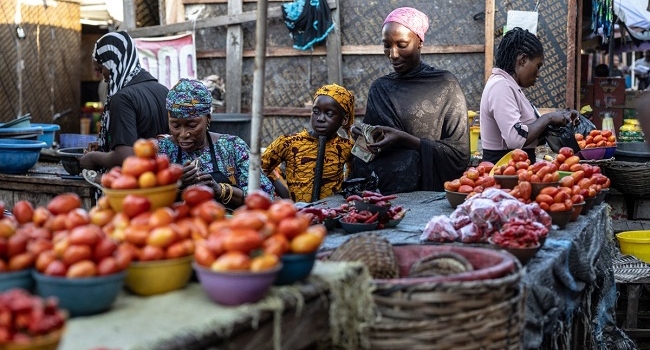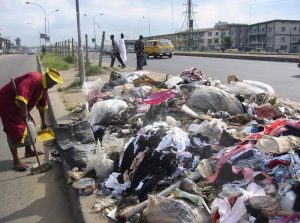
Dr. Tope Fasua, Special Adviser to President Bola Tinubu on Economic Affairs, has weighed in on the ongoing debate surrounding the value of the naira and poverty measurement in Nigeria.
Speaking during a recent podcast interview, Fasua drew comparisons between the cost of living in Nigeria and that of the United States, emphasizing the purchasing power of the naira within the local economy.
Addressing perceptions about the country’s economic conditions, Fasua pointed out that while the naira may appear weak against the dollar on international exchange markets, it still holds practical value for millions of Nigerians in their daily lives.
“$1 is N1,500 – it’s a lot of money for many people in Nigeria,” he said. “$10 won’t buy you lunch anywhere in the U.S. Sometimes you need at least $20, which is about N30,000 here.”
He further illustrated his point by referencing the affordability of street food in Nigeria. “I will tell you what you can do with $5 – that is N7,500 – if you are not going to eat in high-end places. In Gwarinpa, there are people that sell Boli and fish, and you can eat well for N1,500,” Fasua said.
The economist also took the opportunity to clarify common misconceptions about multi-dimensional poverty, a key term used in global development assessments.
He noted that many Nigerians interpret it solely as extreme deprivation, when in fact it includes a broader range of challenges such as access to education, healthcare, and infrastructure.
“Some people don’t understand the meaning of multi-dimensional poverty,” Fasua said. “They think it’s worse than food poverty. But it includes factors like how far your children have to travel to school or how accessible healthcare is.”
Fasua’s remarks come amid continued scrutiny of Nigeria’s economic indicators and the real-world impact of inflation, unemployment, and currency depreciation on the average citizen.
His comments aim to shift the narrative toward a more nuanced understanding of poverty and economic resilience in the country.








